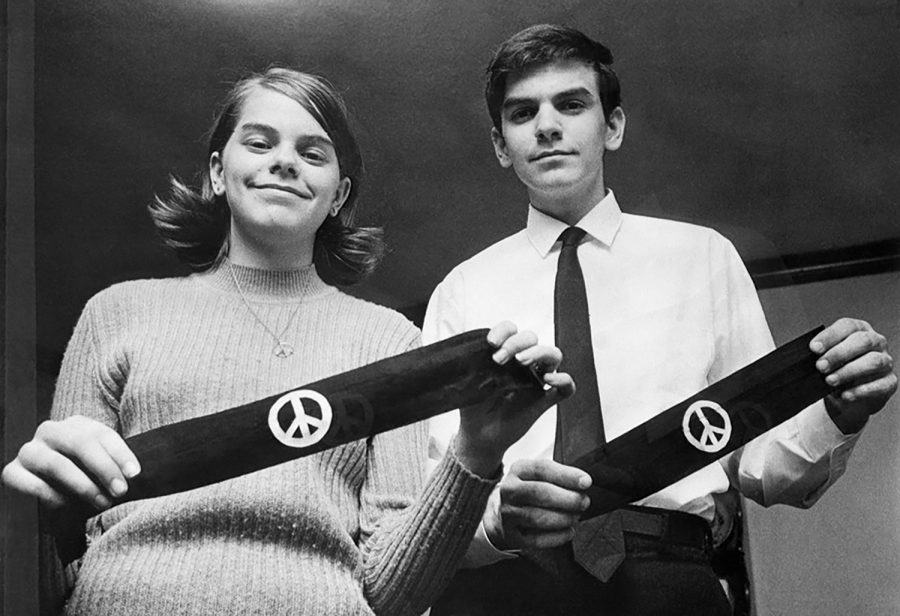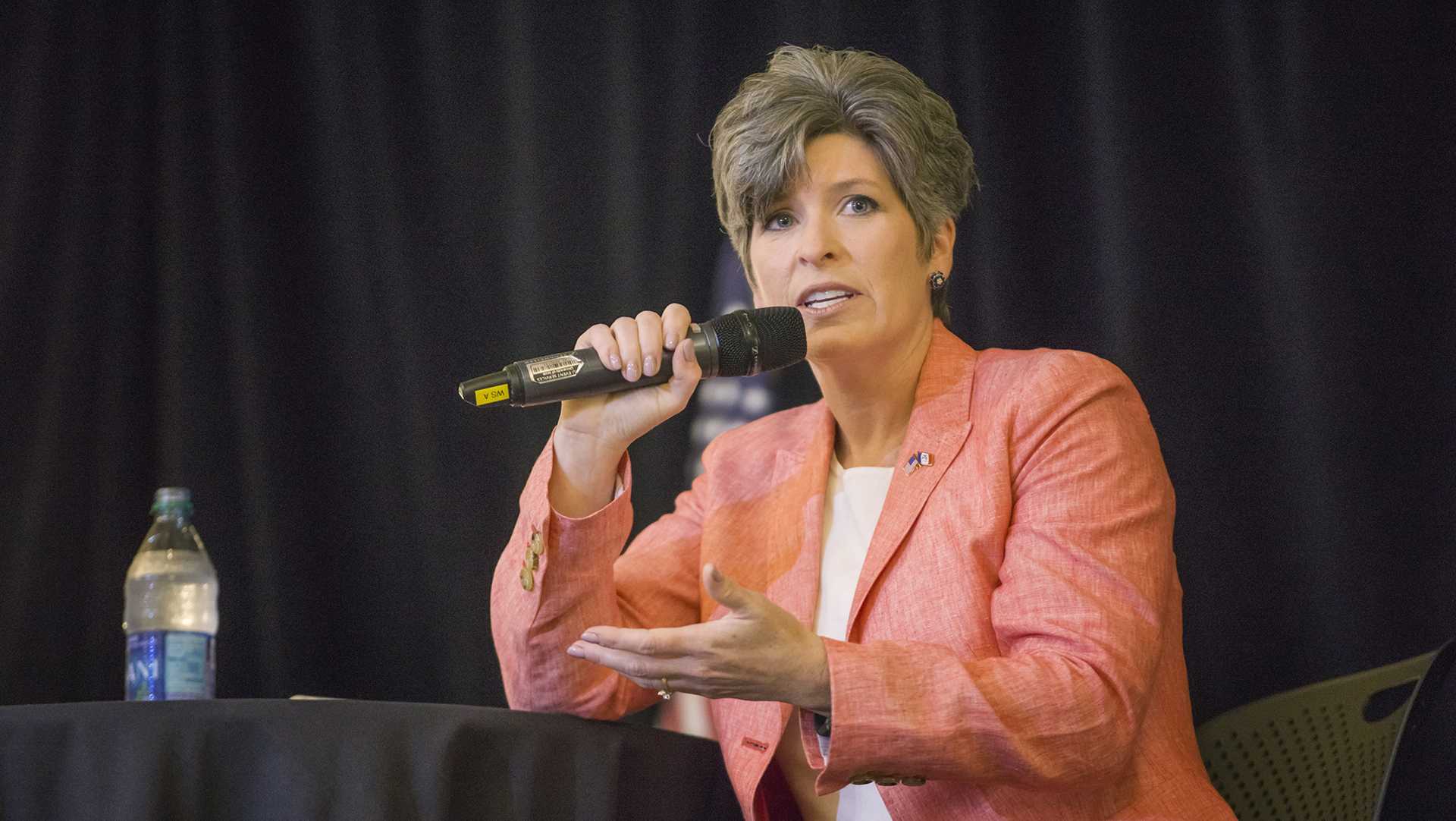Helton: Armbands and outrage: Tinker v. Des Moines, 50 years later
Free speech on campus has been a hot-button issue for over half a century. These kids took it to the Supreme Court.
Contributed
February 19, 2019
If you’ve ever paid attention to the dumpster fire of the political internet, you know what conservatives think about college campuses. Charlie Kirk, the founder and president of Turning Point USA, can often be found tweeting such things as: “Colleges are more determined to help illegal aliens than protect conservatives [sic] right to free speech on campus.”
On my more cynical days, I think it’s all just a performance perpetrated by the American right’s martyr complex. But the feeling of isolation and concern of censorship are real, as my colleague Marina Jaimes has written about previously for The Daily Iowan. So instead of whining about prejudiced progressives or crying conservatives, let’s dive into the history of free-speech-on-campus fights by looking at one that went down here in Iowa 50 years ago.
Siblings John, Mary Beth, Hope, and Paul Tinker, joined by their friend Christopher Eckhardt, wore black armbands to school. This was 1965, the middle of the U.S. involvement in the Vietnam War. The armbands were meant to be a simple protest against the war, but school administrators in Des Moines saw things differently. They suspended the teenage students — John, Mary Beth and Eckhardt — claiming the armbands were an obstruction to school activities.
RELATED: Fifty years after Tinker v. Des Moines case, Tinkers set to visit UI
It was a classic case of students’ right to free speech, and the American Civil Liberties Union urged the parents of the students to sue the Des Moines Independent Community School District. After years of court battles, the Supreme Court ruled on Tinker v. Des Moines on Feb. 24, 1969. The court’s decision was 7-2 in favor of the Tinkers, holding that the First Amendment applies to public-school students.
For a more complete analysis of Tinker v. Des Moines, watch this video by YouTube educator Mr. Beat:
In the majority opinion, Associate Supreme Court Justice Abe Fortas wrote that students do not “shed their constitutional rights to freedom of speech or expression at the schoolhouse gate.”
Just because students were under the authority of their school administration, they still retained their First Amendment rights. This precedent has been held for decades. It’s been cited in other landmark cases involving students such as Morse v. Frederick and Bethel School District v. Fraser.
So what does this all mean for our current state of affairs?
RELATED: Free-speech bill moving through Iowa Senate following court ruling against UI
The importance and definition of “free speech” is hotly debated on campus and around the country. The essence of the freedom is that government cannot keep you from expressing your opinion. It’s protection from legal prosecution, not social consequences. If you swear at your boss, getting fired for it isn’t a violation of your First Amendment rights. The same goes for media. A TV station or website choosing not to host or air opinions deemed controversial isn’t a case of government treading, either.
Regardless of our political persuasions, remembering and appreciating our rights as students is essential to keeping our political sanity.
The UI Lecture Committee will host a speaking event by Mary Beth and John Tinker in the Old Capitol Senate Chamber on Feb. 26 at 7:30 p.m.






